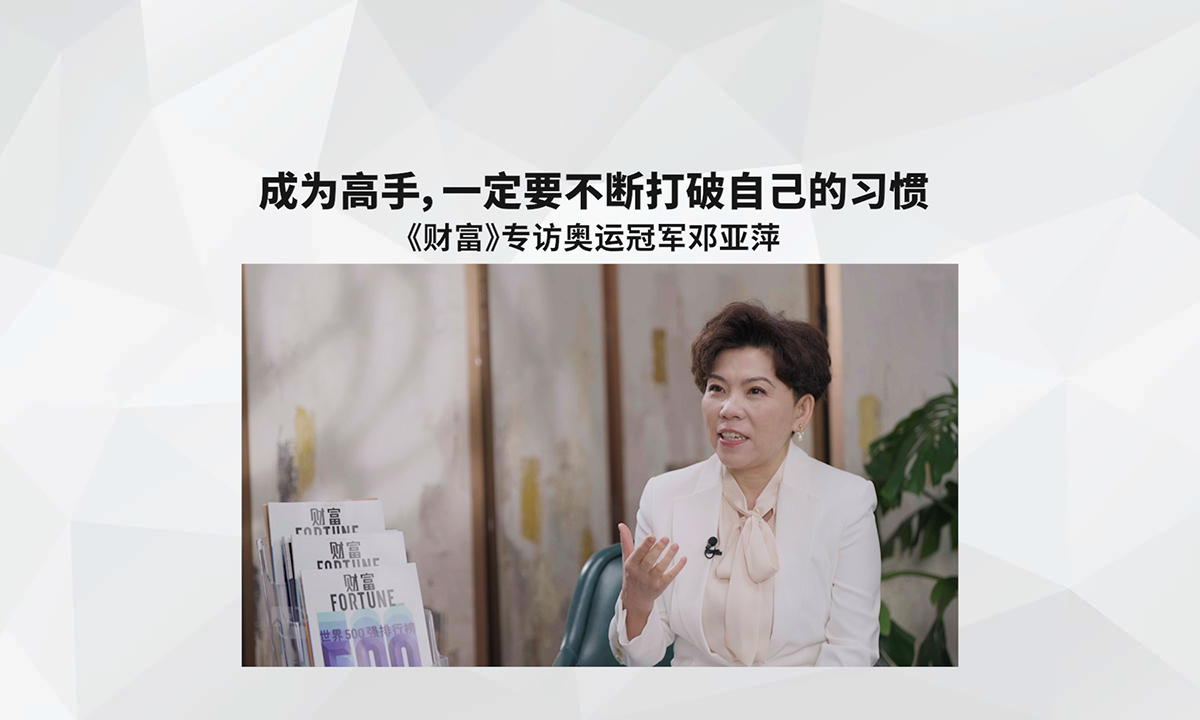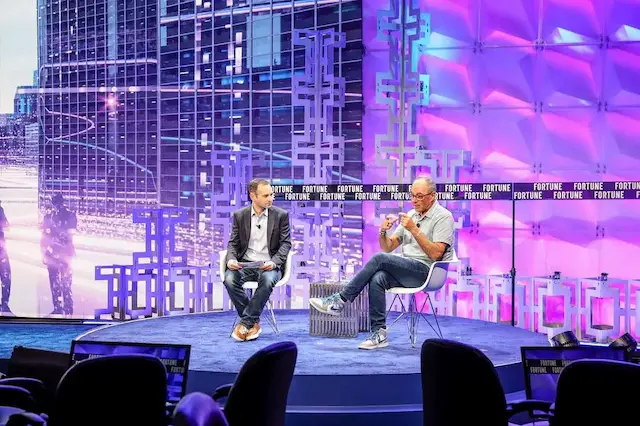公司选帅不能跟着感觉走
|
最近,一些《财富》(Fortune)500强企业的新任掌门人刚刚走马上任,人们又开始对美国的新选举年表现出空前高涨的热情。看来,对完美领袖的追求似乎已成为时人割舍不掉的情结。 奥巴马讲话的口气如今听起来更像是一位总统竞选人,而不是在任的美国总统;梅格•惠特曼最近刚刚履新,出任惠普公司(Hewlett-Packard)CEO一职;而就在不久前,牢骚满腹的雅虎公司(Yahoo)董事会终于驱逐了时任CEO的卡罗尔•巴茨。 我们总是急于抱怨领袖的决策失误,但是却忽略了一个事实——很多情况下,正是我们自己把他们推上了领袖的宝座。所以,当他们所施行的策略触犯到我们的最大利益时,我们不能每次都心安理得地声称自己上当了。是什么让我们选择了具有某些特定特质的领导人,之后却发现所托非人?这其中一定存在某些原因。 西北大学凯洛格商学院(Northwestern's Kellogg School of Management)的一项最新研究表明,事实上,人们往往会不自主地选择倾向于伤害追随者的人选来领导自己。凯洛格商学院教授罗伯特•利文斯顿经过一系列的研究发现,认为自己所属的团队面临竞争压力的人更倾向于选择激进的铁腕领袖,以带领团队抵御外部威胁。 利文斯顿说:“想要一个成吉思汗型的领导人,本身并没错。”但在现实世界中,作为一个领导者,不仅需要抵御外敌,还必须体恤照顾下属。 然而不幸的是,我们选举领导人的过程往往混淆了视听,使人们忽略了候选人应该具备的重要品质,即团队需求至上,比如他们是否会在面对下属时换位思考等等。举例来说,在选举辩论中,论点往往会集中于能够挑动选民情绪的社会热点事件和话题。旨在激发听者情绪反应的论述可以让选民无暇顾及竞选者是否具备作为领导者最重要的品质,比如在面对高压现实局面中,他们会如何应对。 企业继任计划专家及《为什么我们选不出好领导?》(Why Are We Bad at Picking Good Leaders?)一书的作者杰费里•科恩称,一些企业正在重塑招聘流程,希望选出真正具备良好领导能力的领导者。一些公司的招聘人员开始接触候选人曾经领导过的员工和同事,试图了解候选人如何激励下属,如何获得团队的共鸣,如何阐述自己的愿景,并将其转化成其他团队成员可以实现的具体目标。 科恩曾帮助运输公司瑞德(Ryder)改善其甄选领导者的程序。2009年,瑞德公司确定了选择领导者的四项决定性标准:性格、判断力、业绩及交往能力。之后,该公司的管理人员精确地总结了鉴别候选人是否符合上述特质的方法。现在,瑞德公司只会招收符合上述标准的领导者。 包括瑞德在内的很多公司已经开始通过面试过程中颇具挑战性的问题或场景设置,来检验候选人是否具有快速反应的能力。瑞德公司执行副总裁兼行政总监格雷格•格林说:“这些精心准备的问题能够破除某些候选人设置的障眼法,他们看起来魅力超群,实则平庸无能。” 最佳招聘流程不仅能够迫使候选人应对难题,还能够让招聘者探寻他们做出的各种反应背后的原因。他们思考的落脚点是什么?是什么让他们做出这样的反应?这些是否符合公司的宗旨? 然而,在选择领导人时,大部分人都相信自己的直觉。问题是,在很多情况下,我们都被直觉所蒙蔽。科恩说:“我们为某个候选人的魅力和才智所折服,就会理所当然地认为他具备良好的判断力,能够做出有效的决策。” 领导者的行为意义何在?事实上,人们产生上述混淆的部分原因正在于人们对这个问题的误读。“人们通常认为让人感觉良好的人才适合做领导,”利文斯顿说。在研究中,他将这种现象解释为对社会行为和亲社会行为的混淆。 擅长社交的人在团体中往往成为控制局面的主导者。他们通常直言不讳,平易近人往往能够自然而然地成为团队的领袖。利文斯顿称,这些人具有支配型人格,常常凌驾于团队至上。但团队需要的最佳领袖人选还需要同时具备亲社会行为,这样才最符合团体利益,因为亲社会行为的人通常不会极端强势,他们会为了团体的利益,采取更加谨慎的行动。 理想的领导者不仅能够带领团队——不管是一家企业,还是一个国家——抵御外部竞争,保护团队利益不受侵犯,而且能够视团队的需要高于一切个人需求。然而,这些优秀的品质往往不易为人所察觉,反而会被诸如魅力、支配力、雄辩的口才等表象所掩盖。但追根究底,决定权在于选举者、招聘委员会或其他决策者。他们必须确保选拔过程能够有效评估对领导来说真正重要的素质。毕竟,推选出一位不理想的人执掌大权,我们自己也要承担部分原因。 译者:李淑玉/汪皓 |
The quest for an ideal leader seems to be on just about everyone's mind, as new Fortune 500 CEOs settle into their positions and the rest of the country ramps up for an election year. President Obama is already starting to sound like he's running for office, not just occupying one. Meg Whitman recently stepped into the CEO spot at HP (HPQ), and a disgruntled board at Yahoo (YHOO) recently ousted its CEO Carol Bartz. We are quick to complain about the choices that leaders make, yet in many cases, we pick these leaders. We can't justifiably claim that we were swindled every time we elect a leader who goes against our best interests, so there must be some reason we choose leaders with characteristics we later realize we don't actually want. In fact, we tend to elect people who are more inclined to behave in ways that can harm followers, a new study from Northwestern's Kellogg School of Management suggests. In a series of studies, Kellogg professor Robert Livingston found that group members who see their team in competition with another will elect aggressive, dominant leaders that can best position the group against an outside threat. "If you need Genghis Khan, there's no real risk in this behavior," says Livingston. But in the real world, leaders don't just defend against enemies; they must also take care of their people. Unfortunately, the process that we use to select leaders can gloss over the characteristics that put the group's needs first, such as empathy for group members. Debates during an election, for example, tend to highlight hot-button issues and talking points that play to constituents' emotions. Discussions that aim for an emotional response from listeners can cover up the most important qualities in our leaders, including how they respond, in real time, to high-pressure situations. Some companies are reshaping their hiring processes to select for traits that truly reflect good leadership qualities, says Jeffrey Cohn, a succession planning expert and author of the book Why Are We Bad at Picking Good Leaders? Members of hiring committees from some companies have begun to talk to a candidate's previous employees and colleagues to see how he or she motivates people, expresses empathy, and voices a vision that translate into specific, achievable goals for other members of the organization. Cohn has worked with transportation company Ryder to refine its leadership search process. In 2009, Ryder identified four criteria that were deal-breakers for leaders: character, judgment, results, and the ability to form relationships. Then, the company's management outlined exactly how to tell if people had those traits, and it now will only hire the ones that do. Ryder is one of several companies that have started to test candidates for their ability to think on their feet, posing difficult questions and situations during the interview process. Questions are structured in such a way that they cut through the smoke screen of a candidate that is charismatic but inept, says Greg Greene, executive vice president and chief administrative officer at Ryder. The best hiring processes not only force candidates to respond to tough questions, but probe the reasons behind those responses. What drives their thinking, what makes them tick, and does that match the mission of the company? But most of us want to follow our gut about picking good leaders. The problem is that our guts often trick us. "We get really seduced by someone's charm and intellect," Cohn says, "and we think that means they're going to be able to use good judgment and make effective decisions." Part of the confusion stems from a misunderstanding behind the meaning of a leader's behavior. "People think that people who make them feel good are good," Livingston says. In his research, Livingston describes this phenomenon as confusing social behavior with something called pro-social behavior. People who have good social behavior can control the dynamic in a room. They're often outspoken and affable. They tend to emerge naturally as leaders in a group setting. These people have dominant personalities, Livingston says, and they often put themselves before the group. But it is in a group's best interest to elect a leader who also demonstrates pro-social behavior, which takes much more careful consideration on behalf of the group, since pro-social people aren't usually the most dominant. The ideal leader would be able to defend a group, be it a company or a country, against outside competition, and also prioritize the group's needs above any individual needs. Those traits can hide under other, more obvious ones such as charm, dominance, and persuasive speech. But it's up to voters, hiring committees, and other decision makers to demand a selection process that reveals the leadership traits that actually matter. After all, if our vote puts a less-than-ideal person in power, part of the blame rests with us. |











